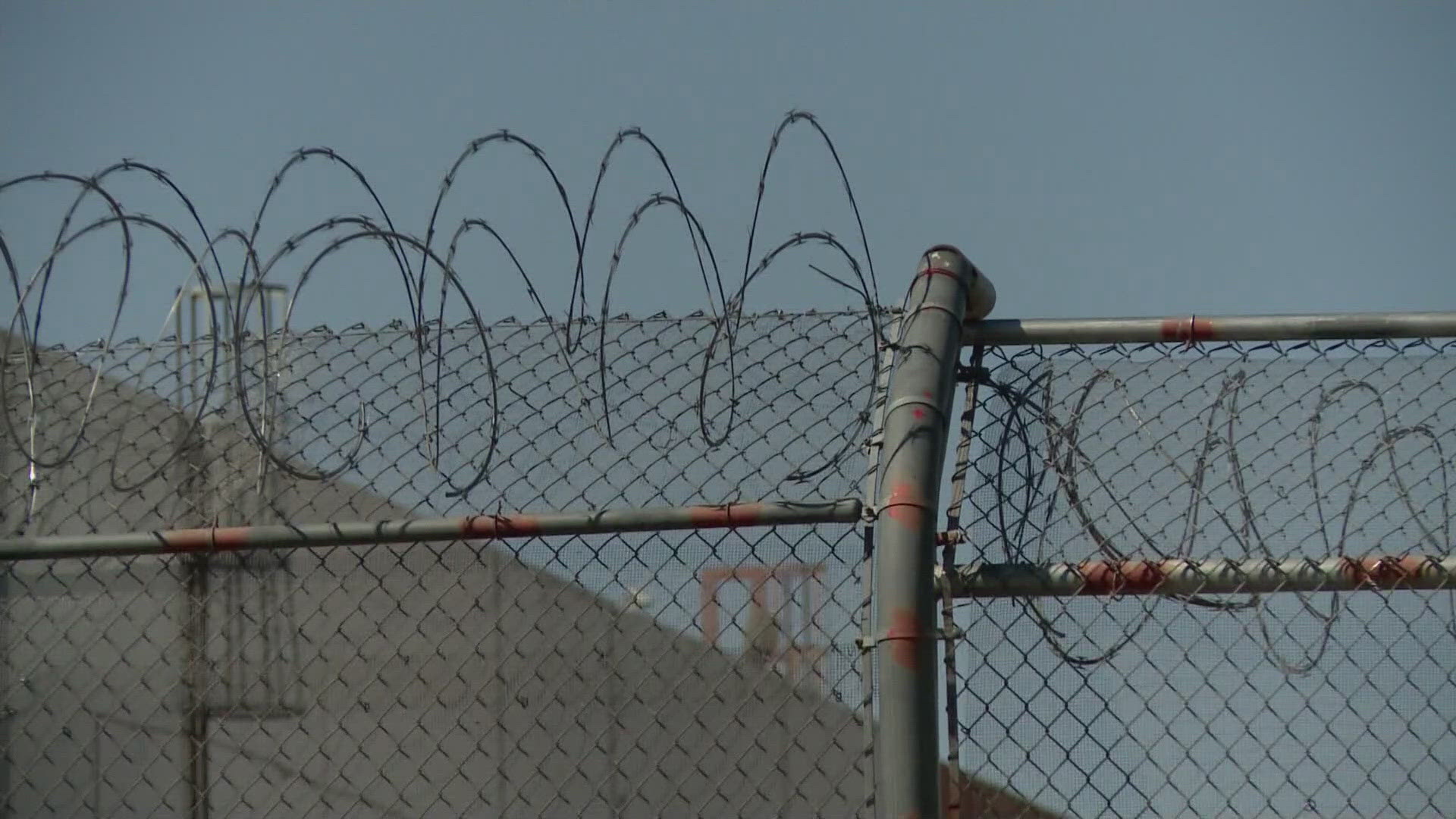PHOENIX — Arizona's prisons director warned Monday that a plan to let local law enforcement arrest border crossers could put a huge strain on prison staffing and services.
In an interview with 12News, Ryan Thornell said his agency wasn't consulted when the Republican-sponsored legislation was amended late last week.
It now requires the state's prisons to house any undocumented immigrants who are arrested or convicted.
"The bottom line is it's potentially going to have significant staffing and resource impacts, create some serious burdens on our infrastructure and the requirements of our staff for the next two to five years and beyond," Thornell said.
"The (amendment) language says that the director shall accept them into a state prison, which is placing a requirement on me."
According to a fiscal analysis by the Department of Corrections, Rehabilitation and Re-entry, a projected 1,500 inmates a year would be added to the prison system, at an estimated cost of $250 million over five years.
"We have to make sure, number one, that we have the fiscal resources to deliver the services to those individuals - health care, food and other resources," Thornell said.
"Alongside that, we have to make sure that we have the staff hired in, which is going to take a significant amount of recruitment and retention."
The department already projects 800 to 1,200 new inmates every year, beyond the inmates being released.
The amendment was introduced late Thursday before the state Senate debate on HCR 2060.
The Republican-backed resolution would let Arizona voters decide in November whether law enforcement officers can arrest undocumented border crossers, a task handled by U.S. Customs and Border Protection.
As the Legislature did in 2010 with SB 1070, the vote could trigger a legal clash with the federal government.
At a news conference last week announcing the "Secure the Border Act," speakers acknowledged there was no plan for funding the new law enforcement activities, nor was there staffing or infrastructure in place to handle arrests, detentions and transportation.
"I've asked my legislative friends the questions, where is the money going to come from?" said Yavapai County Sheriff David Rhodes, who is president of the Arizona Sheriff's Association.
"There's not a lot of answers at the moment. We're working through it, but I have confidence in our elected officials."
On Tuesday, the Senate is scheduled to take its final vote on the ballot referral.
The House is expected to vote Wednesday.
The U.S. Supreme Court would likely have the final say on whether Arizona could enforce the law.
UP TO SPEED

